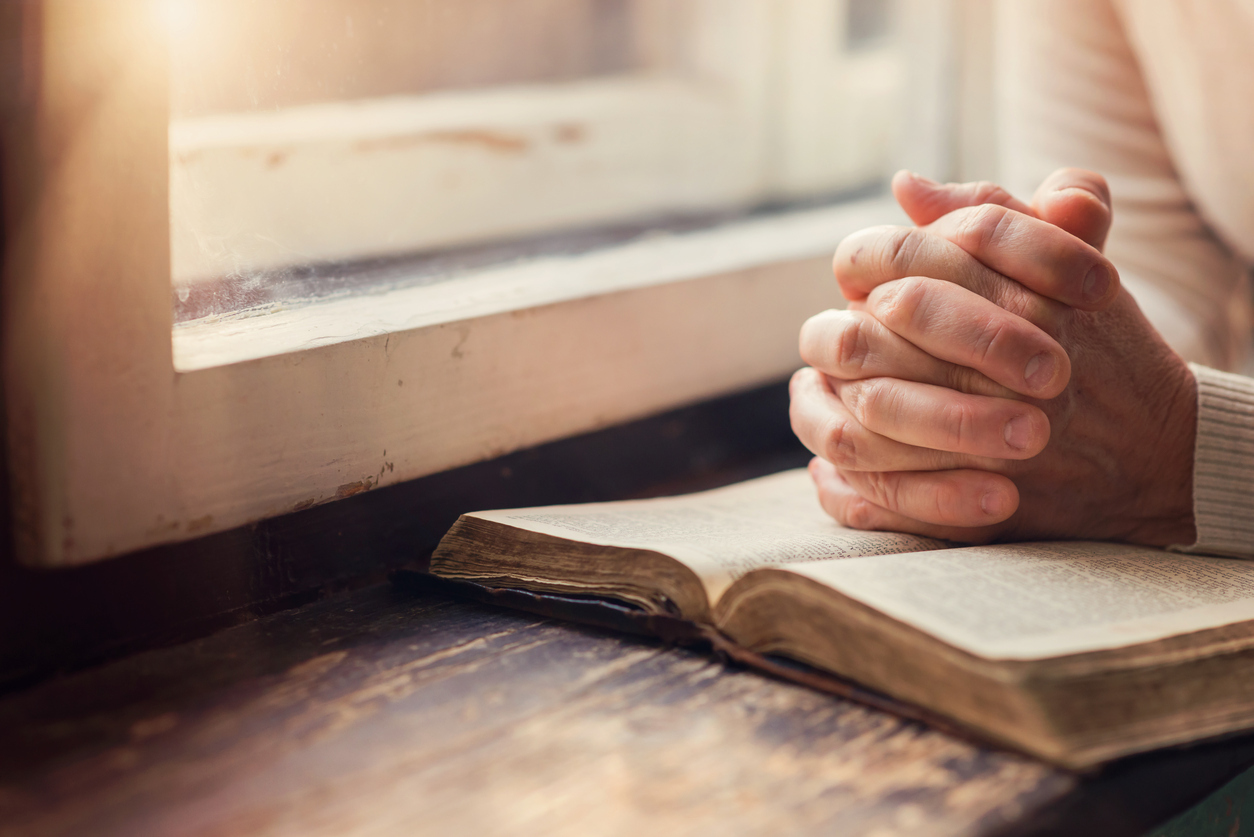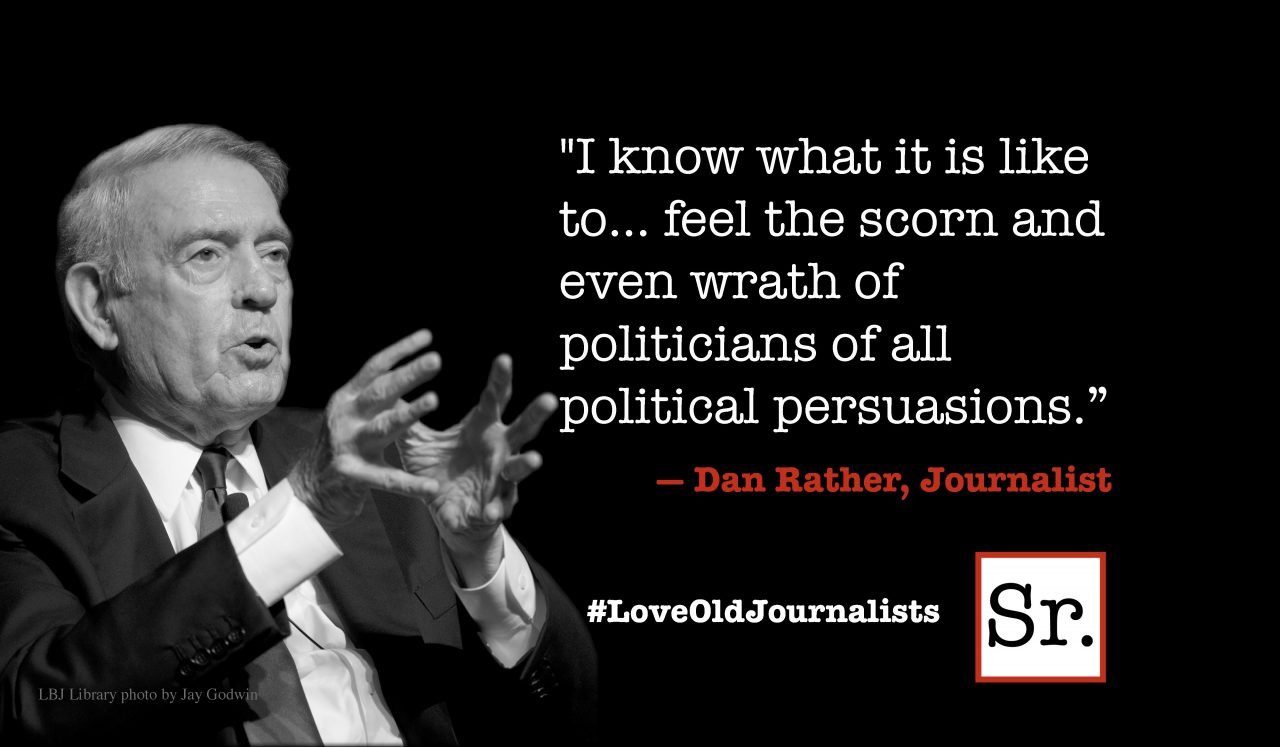Karl Barth, the 20th century’s most influential theologian, suggested that authentic spiritual leaders must hold the Bible in one hand and the daily newspaper in the other. Much of my life—including the present—has existed on the boundary between these two realities. While I know a bit about the religions of the world, my basic commitment and location are within the Christian faith. So when I think of the relationship between the so-called sacred and the so-called secular, Christianity is the arena that defines who I am.
When religion intersects its culture it can either be a curse of a blessing. Since its inception, Christianity has been responsible for more war, bloodshed, bigotry, violence and inhumanity than almost anything else in western history. When honest secularists tell us how much they despise religion, they make a cogent point. A question with which I have struggled for many years is why religion may at times be a great positive force, and why at other times a great negative force. What makes the difference?
Let’s look at what might make religion go sour and turn destructive. For a starter, consider these examples of the worst cultural episodes generated or supported by committed Christians:
The Crusades.
The Inquisition.
The Thirty Years’ War—just to name one.
The Salem witch trials.
Slavery in the United States.
The treatment of aboriginal populations throughout the world.
Colonialism.
Segregation, Jim Crow and the KKK—North and South.
Apartheid in South Africa.
Nazism.
There is a perspective common to all these historic episodes. While there are undoubtedly other factors, all of the above were dominated by a distinctive concept. They all held to a notion of religion that declared their perception was exclusively the truth, God’s only way, and that all those outside those doctrinal boundaries were “infidels” or “the lost” or some other condemnable designation. The only hope for these infidels was to be converted. In each of these examples, religion divided the righteous from everyone else. The name we give to that affirmation is “fundamentalism.” Examine the religious commitments of all of the above, and you will find that the more conservative the religion, the more it poisoned the culture.
At other times society has been ennobled by religious passion. Consider the following, just in American history:
The abolition of slavery.
Civil Rights.
A clear witness for peace and disarmament.
Women’s suffrage.
Social Security.
Justice for workers.
Support for the least advantaged, including the poor, children, the aged, the disabled.
Medicare
Interfaith dialogue
Concern for the environment, with particular focus on climate change.
Without the support of progressive religion, none of these would have either been enacted or woven into the social fabric.
Religion was and is substantially involved in the creation of each of these humanizing episodes. But what kind of religion? A religion that is welcoming, inclusive, focused on the rights and well-being of all of God’s children, protective of the natural order and open to affirming those of other faith convictions.
At the same time, religious fundamentalism, backed by political conservatives, has consistently fought every one of these advances. I must conclude that it makes a great deal of difference whether one’s religious perspective is fundamentalistic and exclusive, or progressive and open to a wider notion of what makes for a benevolent, just and more peaceful world—or what God wants the world to look like. In this column I take no position on the religious truth or falsity of any perspective. However, in our era it is clear that much of American Christianity has aligned itself with a conservative political posture which has sought to halt the quest for a more just society and a more peaceful world. If you long for an open and compassionate world, be careful what sort of religion you affirm.
It makes a difference.









